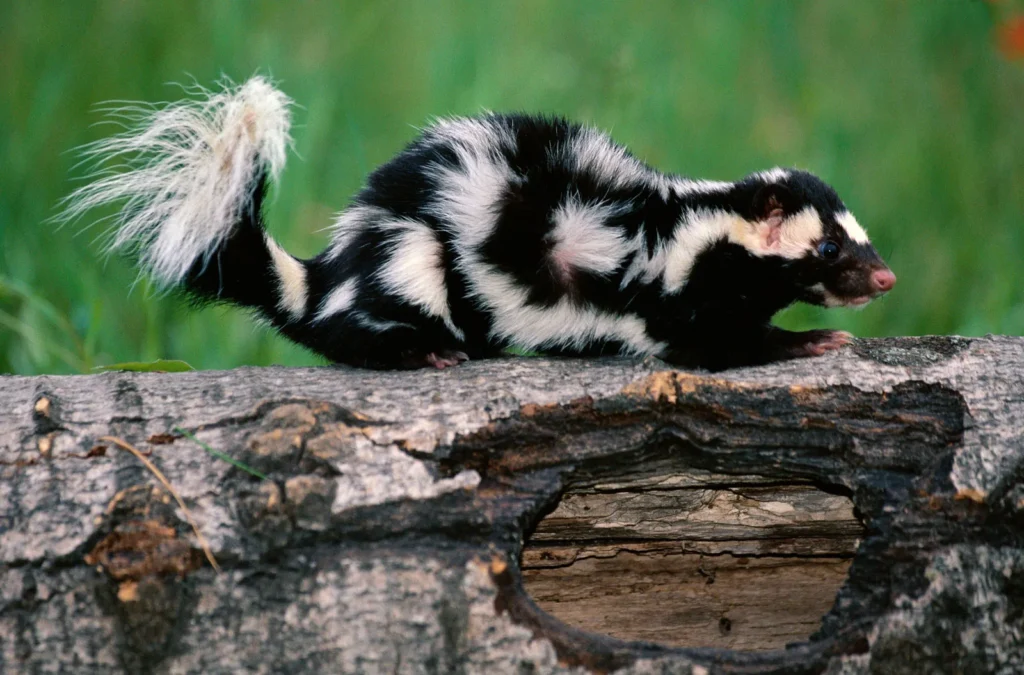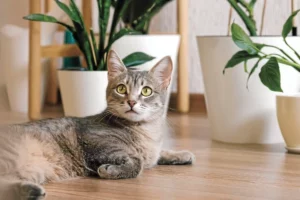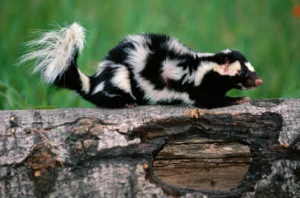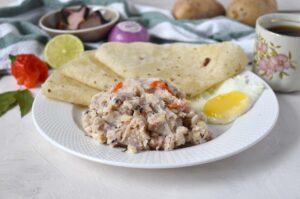Embracing the Unconventional: Skunks as Pets

In the realm of unconventional pets, one creature stands out for its unique charm, intelligence, and surprising suitability for domestic life: the skunk. Yes, you read that correctly—skunks, those notorious critters known for their pungent defense mechanism, can indeed make delightful companions when raised in captivity. As we embark on a journey into the world of skunk ownership, prepare to be pleasantly surprised by the endearing qualities and misunderstood nature of these furry friends.
Dispelling Myths and Misconceptions: Let’s address the proverbial elephant in the room—or should I say, skunk?—right away: the scent glands. Skunks are infamous for their ability to unleash a potent spray when threatened or startled, a defense mechanism that has earned them a less-than-stellar reputation in the animal kingdom. However, what many people don’t realize is that domesticated skunks undergo a process known as descenting, which removes their ability to produce this malodorous secretion. As a result, pet skunks pose no more olfactory risk than your average household cat or dog.
The Allure of the Unusual: What sets skunks apart from more traditional pets is their unconventional appearance and playful demeanor. With their sleek fur, distinctive markings, and expressive faces, skunks possess a unique allure that captivates the hearts of their human companions. Contrary to popular belief, these creatures are not aggressive by nature; in fact, they are quite sociable and affectionate when raised in a loving environment. Skunks are known for their curious nature and playful antics, which can provide endless entertainment for their owners.
A Domesticated Species: It may come as a surprise to learn that skunks have been domesticated for centuries, with records of their presence as pets dating back to ancient civilizations. Today, domesticated skunks are bred specifically for companionship, and many enthusiasts attest to their suitability as household pets. Unlike their wild counterparts, pet skunks are typically docile, gentle, and well-adapted to indoor living. With proper socialization and training, they can coexist harmoniously with other pets and even children.
The Joys of Skunk Ownership: So, what is it like to share your home with a skunk? According to devoted owners, the experience is nothing short of rewarding. Skunks are intelligent creatures that form strong bonds with their human caregivers, often displaying affection through cuddles, kisses, and playful interactions. They are naturally curious animals that enjoy exploring their surroundings, solving puzzles, and engaging in enrichment activities. With their gentle nature and easygoing demeanor, skunks can bring joy and companionship to individuals and families alike.
Responsible Ownership: Of course, owning a skunk comes with its own set of responsibilities and considerations. Before bringing one of these unique creatures into your home, it’s essential to research their care requirements, behavior, and legal regulations in your area. Skunks thrive in environments that mimic their natural habitat, with plenty of space to roam, opportunities for mental stimulation, and a balanced diet that meets their nutritional needs. Additionally, prospective owners should be prepared to invest time and effort into training and socialization to ensure a happy and well-adjusted companion.
Closing Thoughts: In a world where conformity often reigns supreme, embracing the unconventional can be a refreshing and rewarding experience. Skunks may not fit the mold of a typical pet, but their endearing qualities, playful personalities, and surprising suitability for domestic life make them truly special companions. As we challenge stereotypes and expand our understanding of the animal kingdom, let us open our hearts—and our homes—to the delightful charm of these misunderstood creatures. After all, who wouldn’t want a skunk as a cuddly companion?







